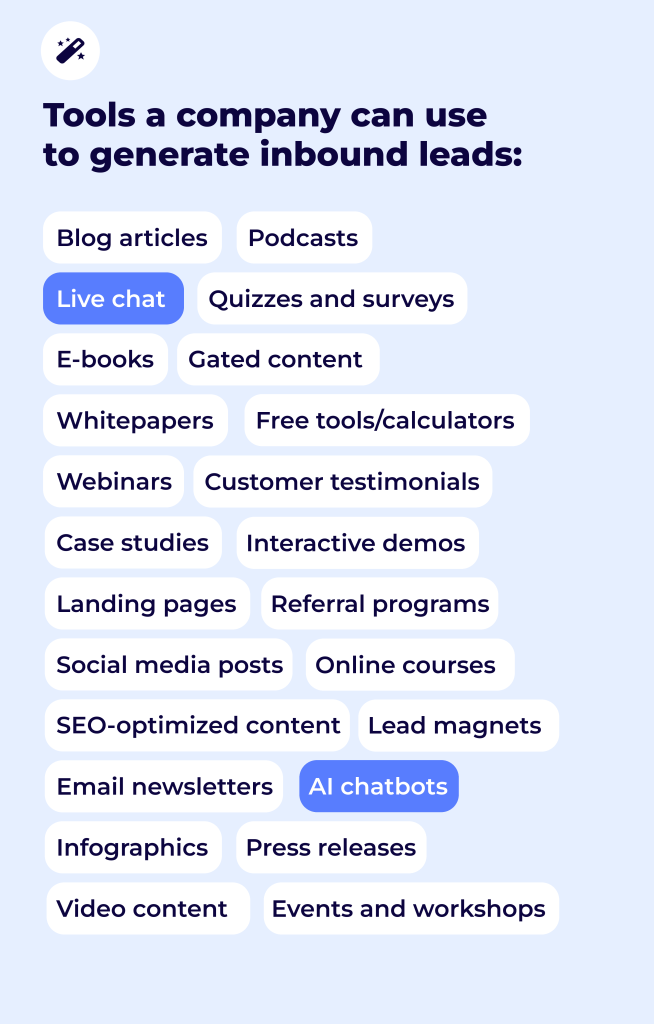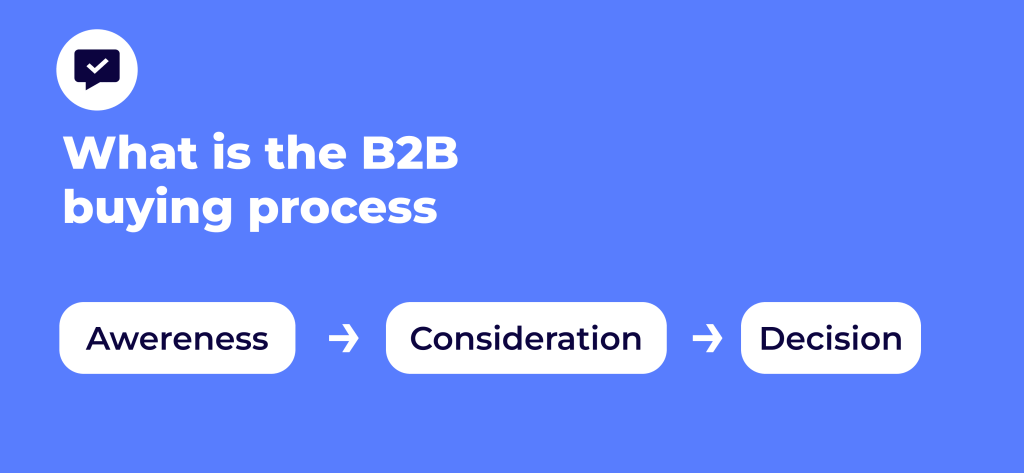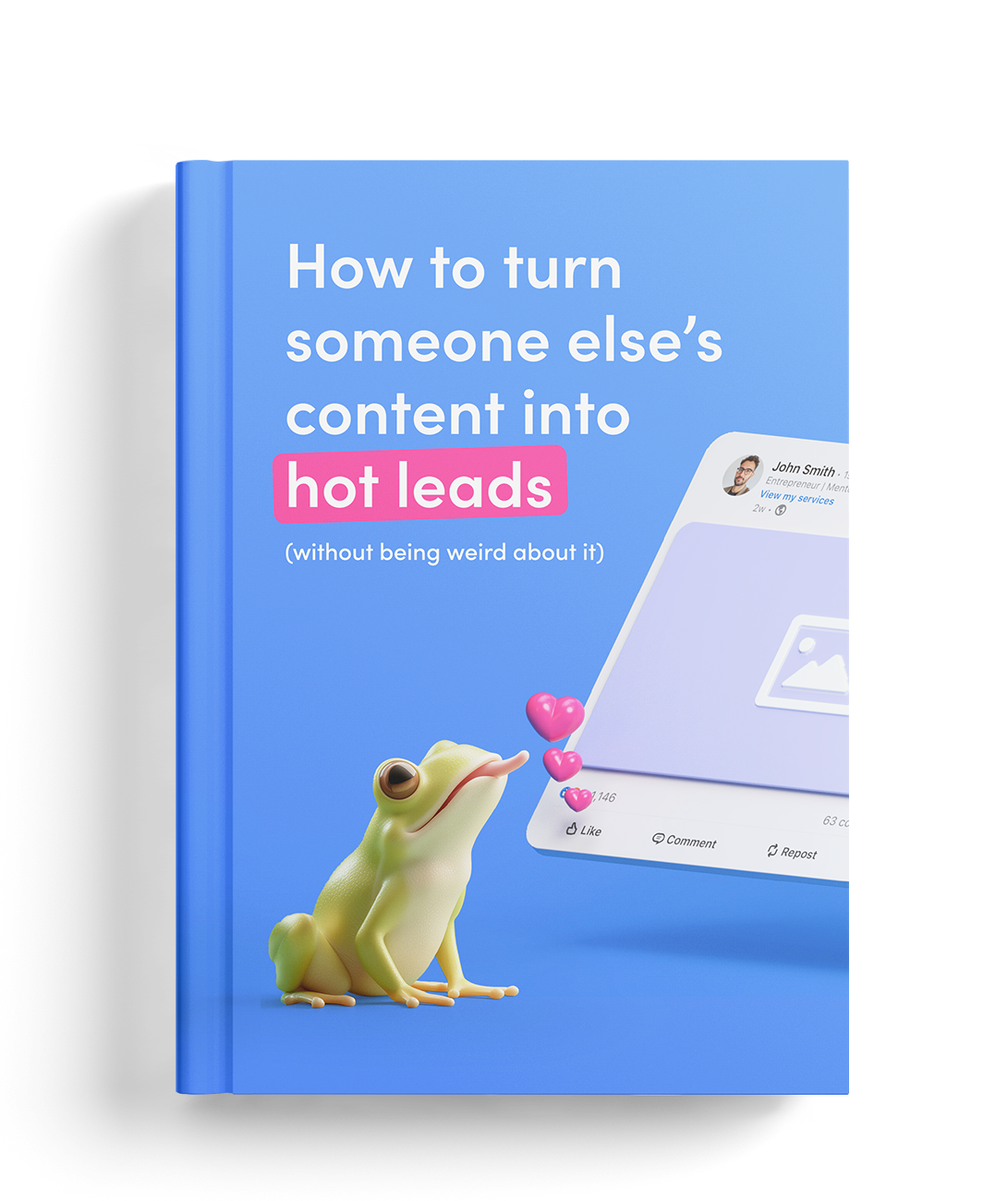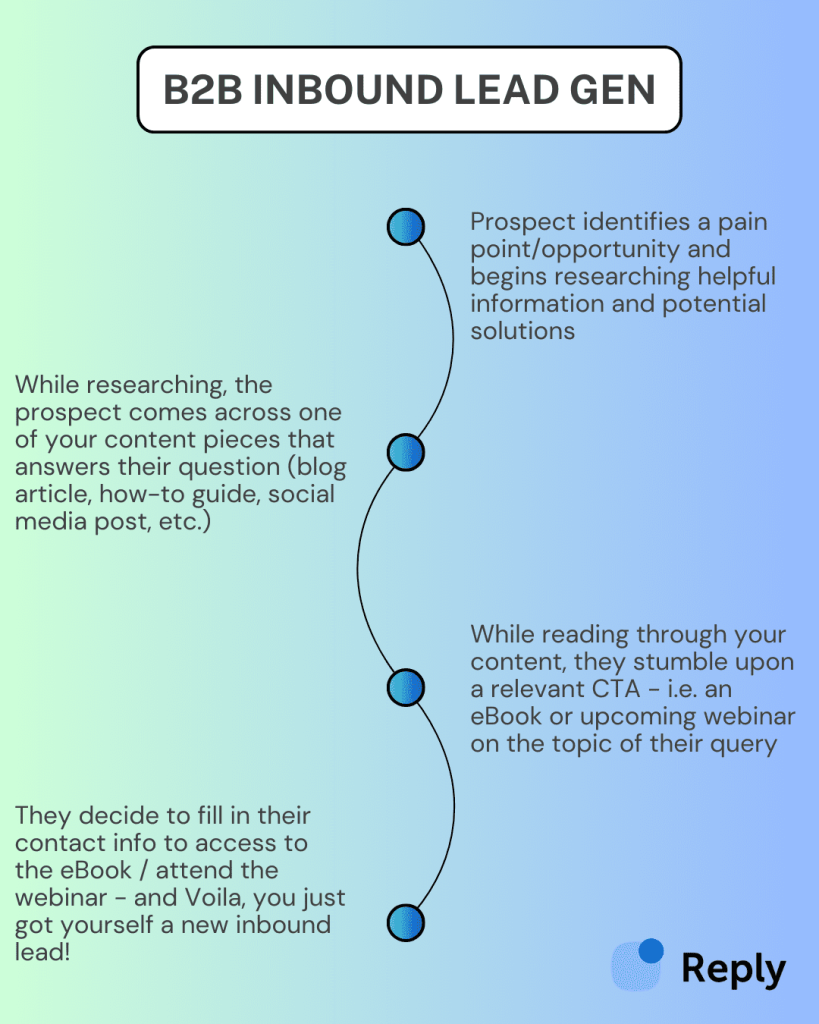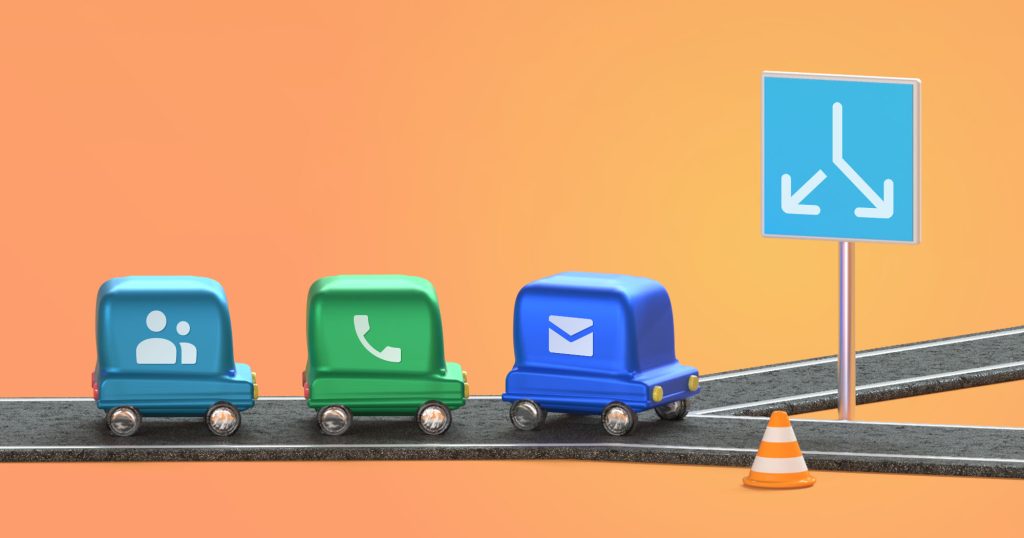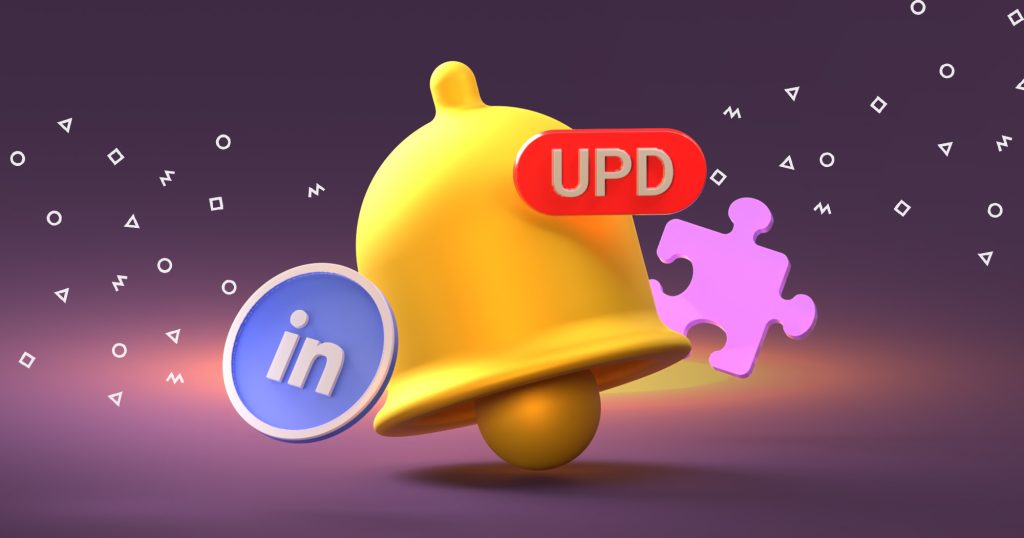Lead scoring
If you’ve put thought into creating valuable, diverse, and most importantly relevant lead magnets, and supplemented them with SEO and extra distribution channels to ensure they are visible to your audience, chances are—your website will start receiving a substantial amount of traffic.
But one thing to keep in mind is that, with inbound, far from every person who reads your content, registers for your webinar, or uses one of your free online tools is in fact a potential buyer who falls into your ideal customer profile.
So, the next step in your inbound lead generation strategy is to qualify your inbound leads.
Lead qualification is the process of separating leads into those who have the potential to eventually make a purchase and those who don’t.
The best way to do this is lead scoring.
By designing a framework of assigning scores to your leads based on their demographics and company information, as well as their specific actions taken (website visit, content download, webinar attendance, etc.), companies can have an objective idea of which leads to prioritize with nurturing efforts.
For instance, leads that download a gated piece of content may be assigned +2 points, leads that attend a product-related webinar — +5 points, and perhaps, once a lead reaches 10 points, they are ready for your sales team to reach out and begin their sales nurturing to see if there’s a fit.
With AI taking strides in the B2B space, there are now ways to completely automate your lead scoring and qualification process with predictive analytics. As Kateryna Boiko explains, AI’s real impact is not only in efficiency but also in creating smarter, adaptive campaigns:
“The true power of AI is not just in copywriting but also in facilitating ongoing experimentation across funnel touchpoints. Outreach workflows change dynamically through parallel iterations on subject lines, message structure, and cadence. Adaptive feedback loops that get smarter with each interaction replace strict sequences in campaigns.” — Kateryna Boiko, Growth Director at Mobilunity
And, while there are some dedicated tools designed specifically for this task, there are other neat ways to get this done on autopilot, and one of them is with an AI Chatbot integrated into your website.
By scraping data from your website visitors and answering their queries, an AI Chatbot can score the purchase-readiness of your inbound leads to determine whether they are an MQL or an SQL, giving insights to your sales and marketing teams on how to best engage them (more on that in the next point).


